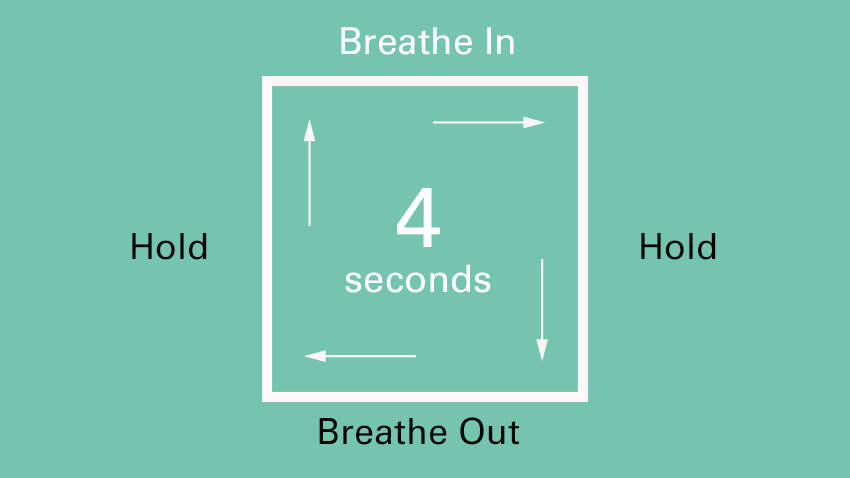It as a given that we will fail. All of us. Medical or not. We are all human, which means we make mistakes. So once we accept this as fact, we can then move towards failing better.
When we make a medical error we have a few choices:
1. Live in perpetual doubt
Blame yourself and practice defensive medicine
2. Ignore the error and do nothing, stop caring
3. Failing up – learn from the fail
- Learning from your medical error takes effort, consideration and time -makes one even more accountable, compassionate and competent.
- We are all going to fail.
- When one sweep failures under the carpet, one cannot learn from them effectively and neither can one heal from them effectively
- Learning to accept this eventuality and incorporating it into our daily life, will allow us to grow as individuals, to more effectively teach others and to take better care of our patients.
- Strive for post traumatic growth and thriving after failure instead of feelings of shame and isolation.
Failing up strategies:
- Find a Failure Friend: An empathetic work friend who understands the context; someone who is your safety net and in return you can be their safety net.
- Be a good Failure Friend to a colleague: Listen/hear them out and empathize/provide affirmation rather than giving advice or solutions. Use reflective listening like you would with a patient and then come up with a joint plan.
- Teach from your mistakes: Give talks around your difficult cases that incorporate personal strategies on how to cope after the fact, rather than only concentrating on the medical aspects of the case. Talk with peers, residents and medstudents
Watch this excellent FeminEM talk by Dr Sara Gray: https://www.youtube.com/watch?v=aGS6O98p4Q8
References:
https://emergencymedicinecases.com/preventing-burnout-promoting-wellness-emergency-medicine/


